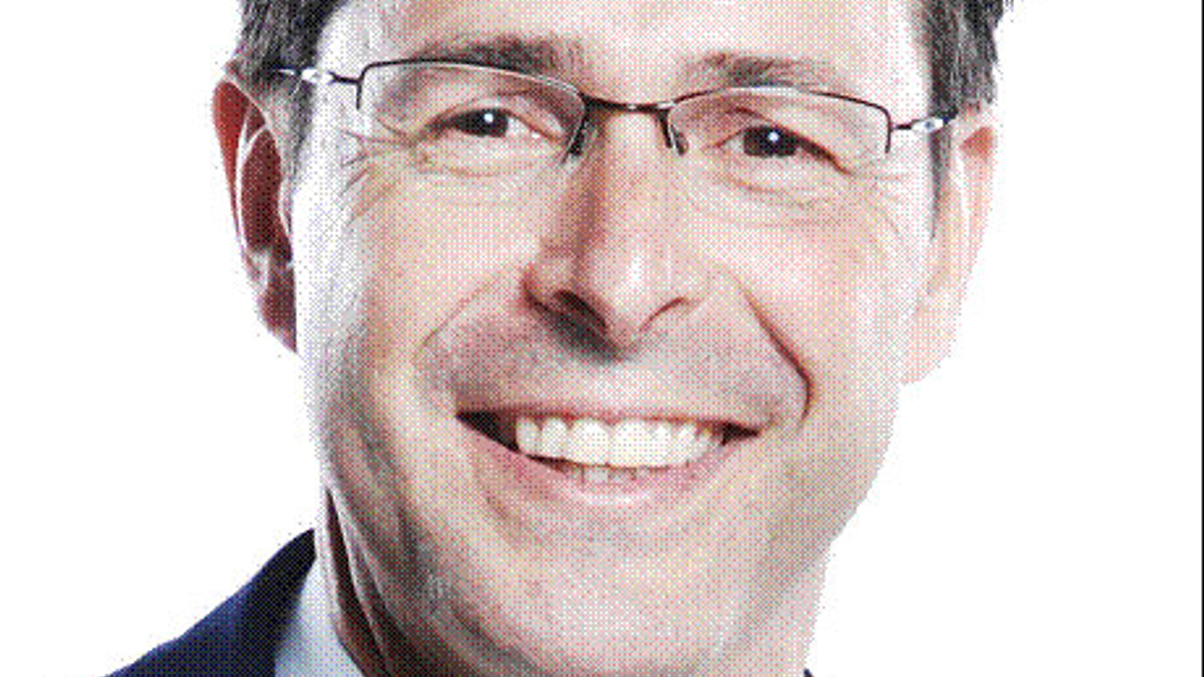BlackRock hire of China chairman critical: McCombe
BlackRock’s Asia-Pacific chief, Mark McCombe, describes the appointment of former Goldman veteran Wang Hsueh-ming as critical to drive its China strategy.

BlackRock’s Asia-Pacific chairman, Mark McCombe, has said that hiring ex-Goldman Sachs veteran Wang Hsueh-ming as its first China chairman is one of the most critical appointments of his tenure.
Sign In to Your Account
Access Exclusive AsianInvestor Content!
Please sign in to your subscription to unlock full access to our premium AI resources.
Free Registration & 7-Day Trial
Register now to enjoy a 7-day free trial—no registration fees required. Click the link to get started.
Note: This free trial is a one-time offer.
¬ Haymarket Media Limited. All rights reserved.


